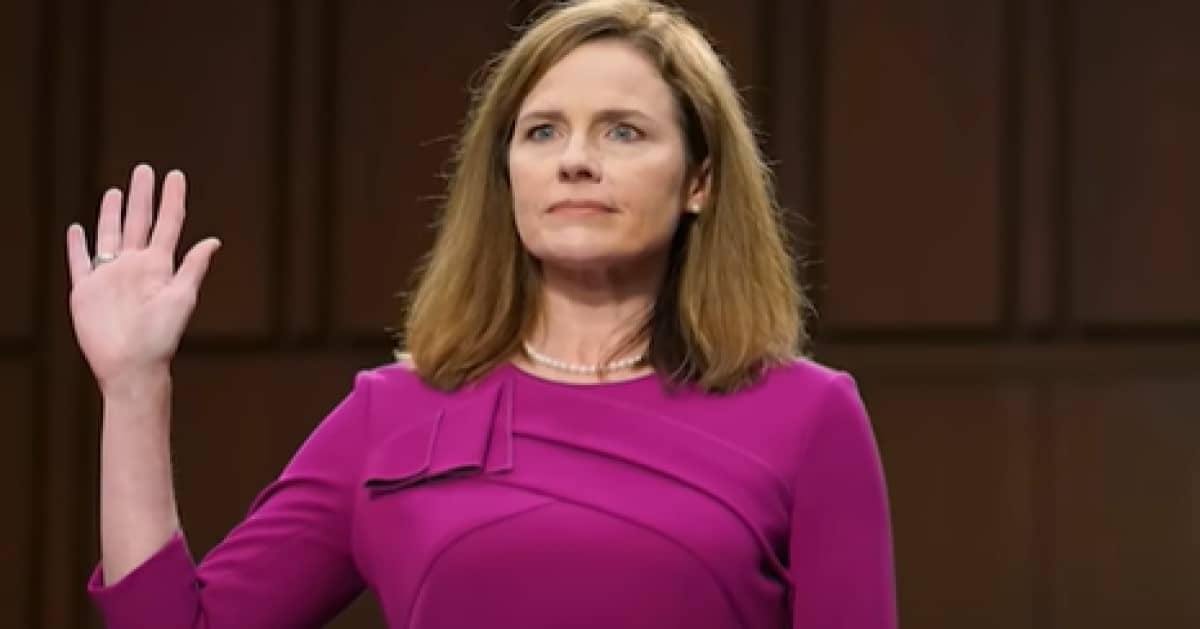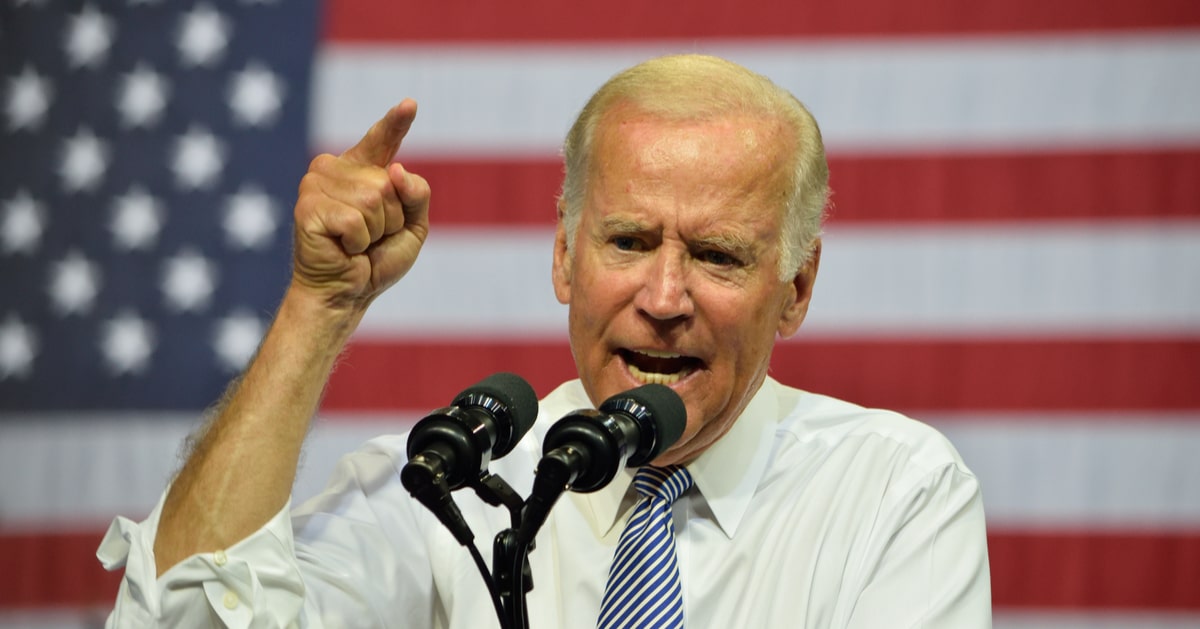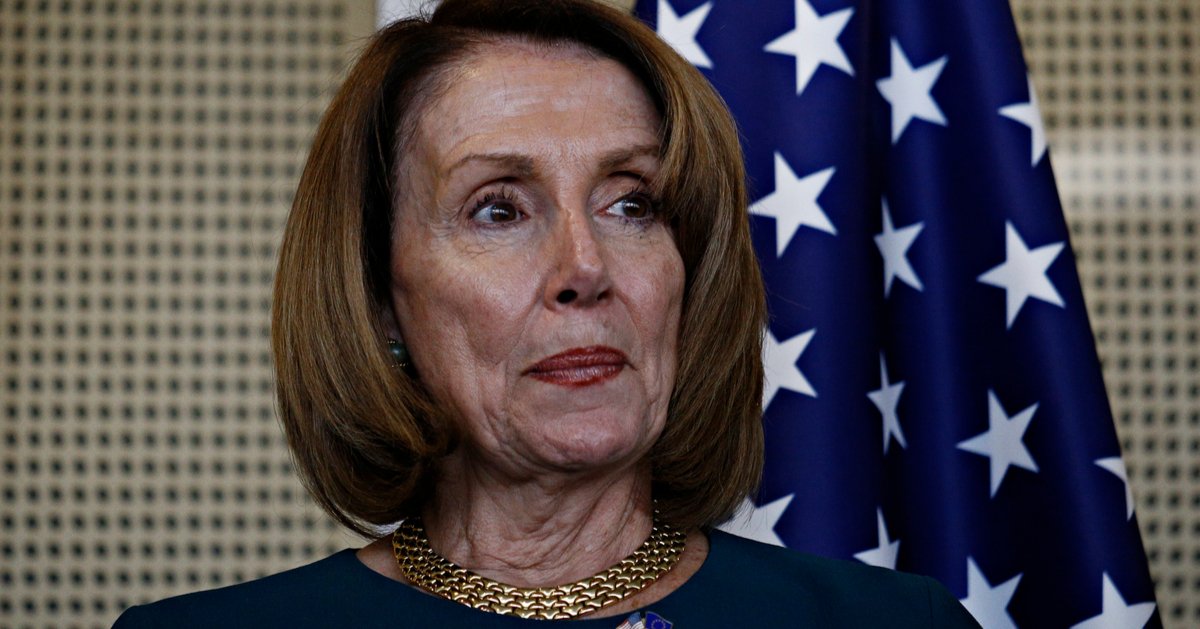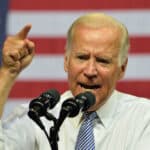





The Manhattan District Attorney's office has expressed its willingness not to oppose the postponement of former President Donald Trump’s upcoming sentencing, originally scheduled for July 11.
The Hill reported that Trump's defense lawyers submitted a letter arguing that certain evidence used during the trial should be considered immune under a recent Supreme Court decision that pertains to criminal immunity for former presidents.
This has introduced significant legal challenges just days before the expected sentencing. The next day, Assistant District Attorney Joshua Steinglass responded with a letter.
While he contested the validity of Trump’s claims, he stated the prosecution would not oppose the delay of the sentencing to provide a fair timeframe for assessing the defense’s motions.
In light of the legal dispute, Trump’s team proposed that all parties involved submit their final briefs by July 10. This suggestion made it clear that Trump’s scheduled July 11 sentencing would likely be delayed.
Steinglass offered an alternative timeline, granting a two-week extension for the prosecution to respond to Trump’s briefs.
He proposed a new sentencing date, suggesting it should not occur before July 24, well past the original schedule.
The core of the contention involves Trump’s alleged misuse of presidential immunity, claiming certain evidence should not have been revealed to the jury. This evidence primarily involves social media posts made by Trump during his term in office.
Previously, Trump had been found guilty on 34 counts of falsifying business records. These charges stemmed from payments made to Stormy Daniels through Michael Cohen, Trump's former lawyer, supposedly to silence Daniels about an alleged affair just before the 2016 elections.
Trump has consistently denied the affair and has not claimed immunity from the charges themselves. However, his defense centered on the argument that some pieces of evidence were part of his official acts as president and thus should not have been shown to jurors.
This argument was introduced late in the trial process, according to Judge Juan Merchan’s ruling, which noted Trump’s immunity defense was asserted too late to influence the outcome of the trial significantly.
Assistant District Attorney Steinglass openly disputed Trump’s legal arguments regarding the inadmissibility of certain evidence. However, he expressed readiness for further legal examination by stating, "Although we believe the defendant’s arguments to be without merit, we do not oppose his request for leave to file and his putative request to adjourn sentencing pending determination of his motion."
Trump’s attorneys, Todd Blanche and Emil Bove, strongly maintained their stance in their communication, asserting that the evidence deemed as official acts "should never have been put before the jury."
The debate over this evidence and the implications of presidential immunity are significant, not only for the direct legal outcomes for Trump but also for the broader interpretation of executive privileges in the legal system.
With the Manhattan District Attorney's acquiescence to a sentencing delay, the court awaits Trump's legal team to officially file their brief on the discussed immunity issues. This development injects further complexity into an already intricate legal battle surrounding a former U.S. President.
As the situation unfolds, key dates and decisions loom that could influence the trajectory of Trump's post-presidency legal troubles. The decisions made in this case might also set precedents regarding how evidence related to official presidential duties is treated in criminal proceedings.
The coming weeks will certainly be pivotal in determining the outcome of this high-profile case, keeping legal experts and the public poised for more developments.
In conclusion, while the sentencing of former President Donald Trump was on track for July 11, legal arguments surrounding presidential immunity and the admissibility of evidence have prompted potential delays.
The Manhattan DA’s office has shown leniency towards postponing the sentencing, with new possible dates stretching possibly into late July. The debate over the contested evidence and the scope of presidential immunity continues to be central to this case, reflecting broader themes of power, legality, and presidential prerogatives.



